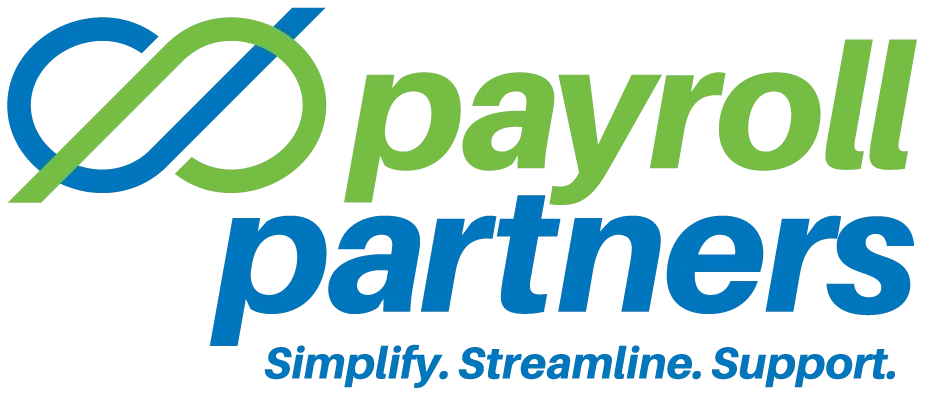If your business has only one location, you need to worry about federal law and applicable state and local laws for only that single location. But if you’re operating out of multiple states, you must heed federal law plus the rules for all the different states and localities in which services are performed.
Below are some common “hotspots” of a multistate payroll, plus ways to stay compliant.
Minimum Wage and Overtime
Check the minimum wage and overtime laws for the states and localities in which your employees work, compare those regulations with applicable federal laws and apply the standards that benefit your employees the most. For instance, if the state minimum wage is higher than federal law, compensate the employees at the state rate.
Also, some states have their own payment rules for exempt employees. For example, the state may have a higher minimum salary requirement for exempt workers than federal law does.
Payroll Deductions
Under federal law, you can make specific deductions from employees’ wages—such as for cash shortages, uniforms and property damage—as long as they do not cut into the minimum wage. Deductions for salary advances are allowed even if they cut into the minimum wage.
However, some states have very specific requirements for payroll deductions, so be sure to consult state law. For instance, the state may prohibit employers from making certain deductions without the employee’s consent. It may also specify which deductions are legal and illegal.
Be careful with wage garnishments as well, since the laws vary by state.
Minimum Paydays
Most states have minimum paydays that dictate when employees must be paid. Make sure that your employees who work in different states receive their paychecks no later than the state-assigned time frame.
Time Off and Leave
You may need to consider not just the federal Family and Medical Leave Act but also state family leave and paid sick leave laws. Also, the state may have rules on vacation and PTO accrual, usage and payout upon termination.
Tax Withholding
Depending on your employees’ locations, you may need to withhold not just federal payroll taxes but also state and local payroll taxes.
Things get even more complicated if there’s a reciprocal agreement between the state where the employee works and the state where he or she lives. (This arrangement allows the employee to pay state income tax to only their home state.)
Additional State Considerations
- Employee and employer tax reporting.
- Commissions and bonus payments.
- Final pay.
- Meals and rest periods.
- Taxation of benefits.
- Pay stubs.
- Method of payment.
- Payroll cards.
- Tipped employees.
- Child labor.
- Reporting time pay.
- Recordkeeping.
- Unclaimed paychecks.
- Deceased employee wages.
- State disability insurance.
The breadth of a multistate payroll is stunning. Often, the smartest solution is to outsource this function to a payroll provider that can keep you in compliance with each state’s requirements.
Payroll Partners is committed to helping clients stay informed about payroll and human resource news. This article is intended to provide readers with general information on human resources matters. The article does not constitute, and should not be treated as professional advice regarding the use of any particular practice. All efforts have been made to assure the accuracy of the information. Payroll Partners does not assume responsibility for any individual’s reliance upon the information provided in the article. Readers should independently verify all information before applying it to a particular fact situation, and should independently determine the impact of any particular practice. If you are seeking human resources advice, you are encouraged to consult a human resources professional.

